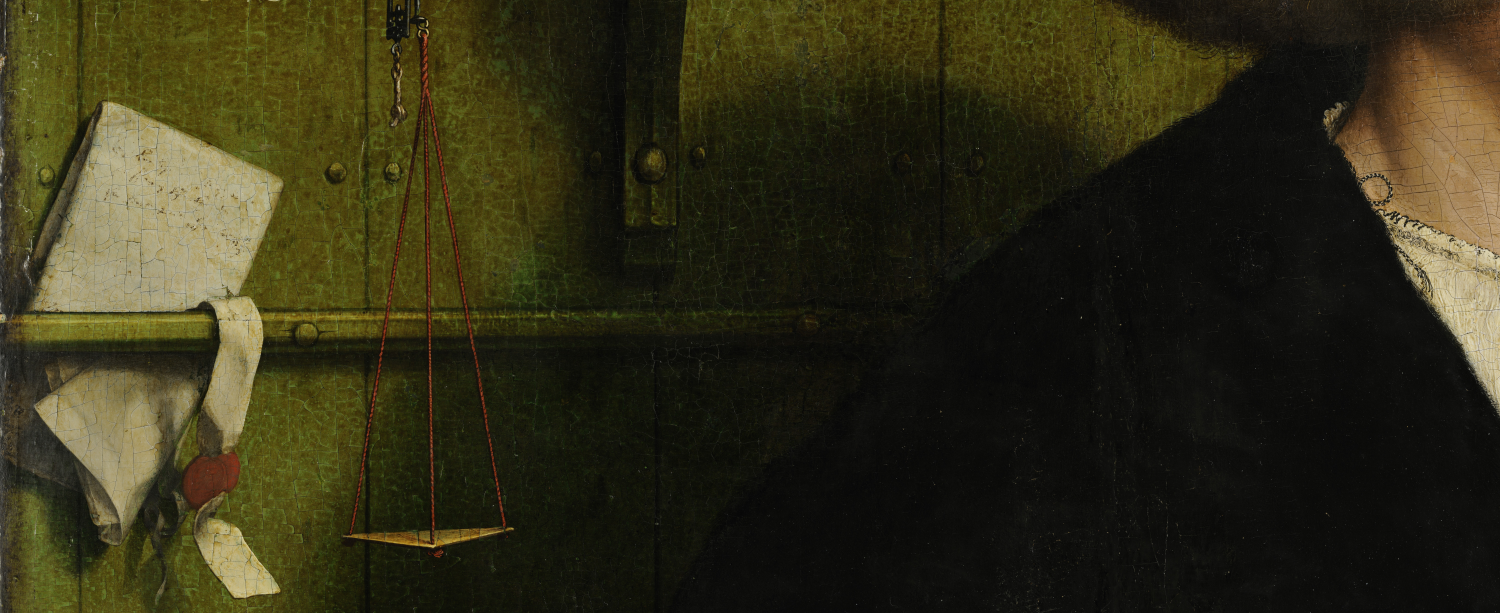Comparative diplomacy (Thomson)
Justyna Wubs-MrozewiczAnalyses of our conflict case studies are often tied to diplomacy and, due to the leading role of our Hanseatic actors, economic history. This, combined to the broad focus of our project (from London to Stockholm to Tallinn) leads to today’s #RetroConflictsInspirations. E. Thomson in ‘For a comparative history of early modern diplomacy’ effectively argues against the idea of homogeneous European diplomatic practices, one that can be applied to our medieval/early modern research & the inherent complexity of cross-border mercantile diplomacy.
As stated: “for it captures neither the variety of diplomatic institutions and practices nor the complexity and creativity involved in their imitation and adaptation.” (p.151) Indeed, the interregional & comparative aspects of our research (e.g. the London & Bruges Kontore) showcases how Hanseatic #conflictmanagers required knowledge of how their conflicts could be approached beyond their own cities of origin/in general terms, due to an European landscape characterised by legal and political fragmentation. How did those actors handling conflicts react to economic/political/legal/etc. change & how did they share their #conflictmanagement knowledge - research q's tying into our ‘agents making institutions’ approach (https://tandfonline.com/doi/abs/10.1080/03468750600604390)
EZ
